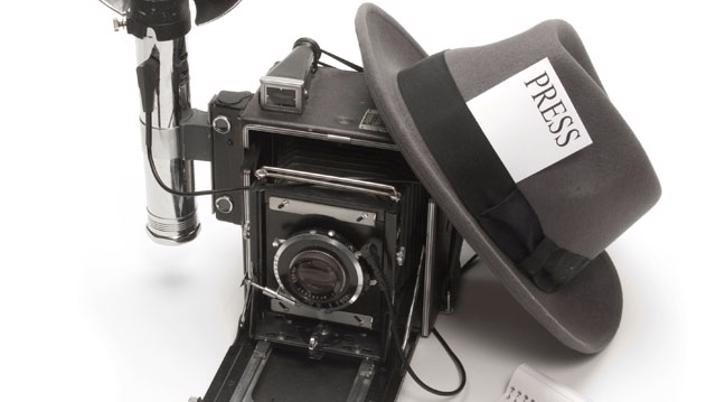
As an industry, we tend to see the issue of ‘fake news’ in ‘them’ (social media) and ‘us’ (traditional media) terms.
We have standards, they don’t. We have codes of conduct, they don’t. We employ trained journalists and make editorial judgements, … you get the picture.
Fake news, in short, is nothing to do with us; indeed, we are its antidote.
Therefore, it comes as a bit of shock to find out that the rest of the world doesn’t necessarily see it that way.
Recently launched in the US is a new browser extension called NewsGuard, which rates news providers, to help readers “know which ones are trying to do legitimate journalism – and which are not”. They make these judgements using a team of analysts and journalists.
It’s early days and they are focusing on US news providers first. But some UK sites have been scrutinised: The Guardian, FT, and Independent all get a green tick (“This website generally maintains basic standards of accuracy and accountability.”), even though the Independent failed on two of the nine credibility and transparency criteria. Mail Online failed on six of the criteria and gets a red exclamation mark: “Proceed with caution: This website generally fails to maintain basic standards of accuracy and accountability.” The websites of The Sun, Mirror, Express, Times and Telegraph are still in the process of being assessed.
To some extent, this is another example of an uneven playing field. The main purveyors of fake news, the social media platforms, are not reviewed, so their very real credibility issues are not flagged up by this scheme.
However, if we want to be judged rigorously, then we should welcome independent scrutiny and work to live up to the standards they demand.
(Finally, FYI, the Jan/Feb issue of InPublishing is being mailed out next Friday, a week later than scheduled. Apologies.)












